Home>Gardening & Outdoor>Landscaping Ideas>When Is The Best Time To Put Grass Seed Down In New Jersey
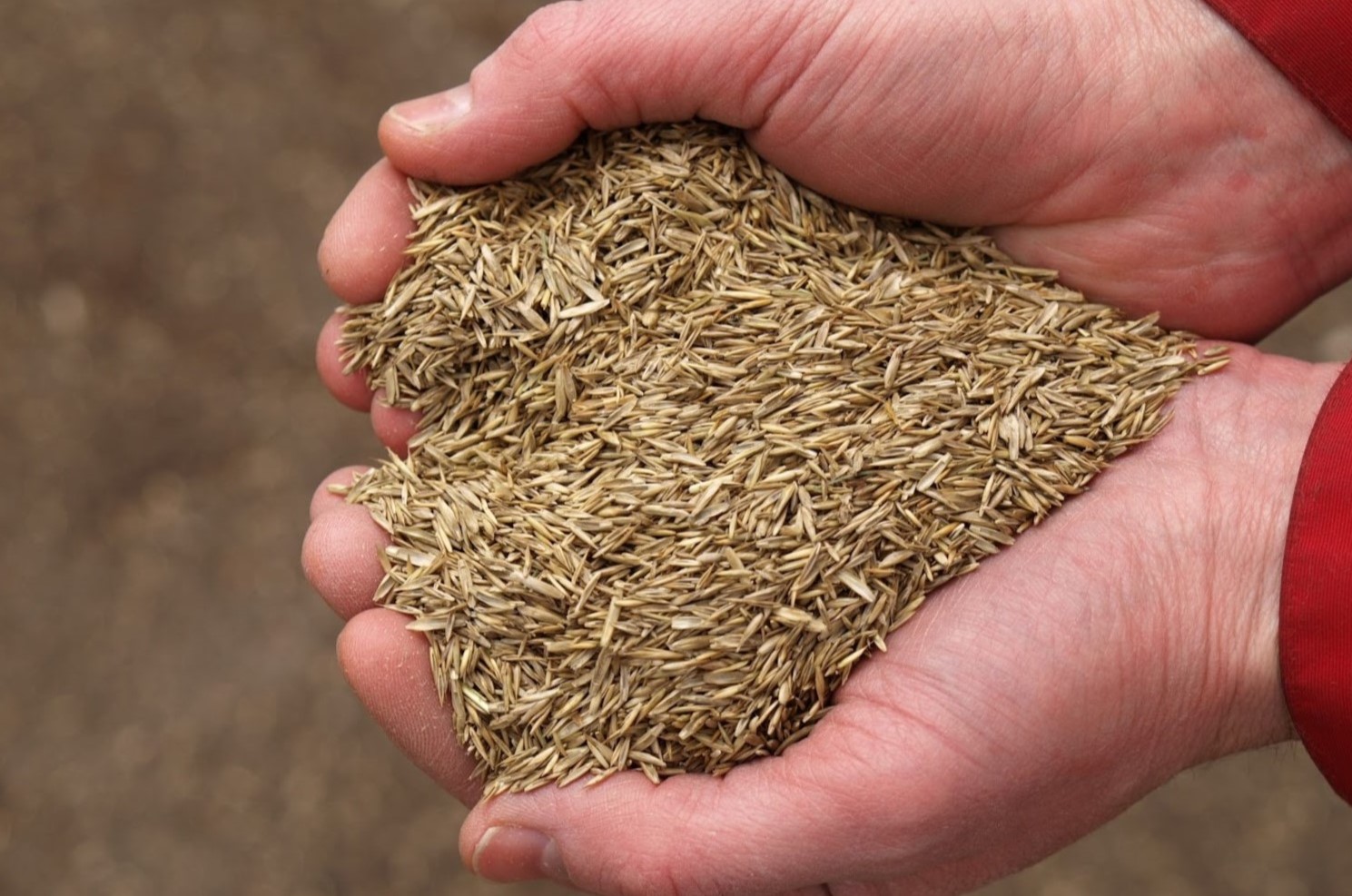

Landscaping Ideas
When Is The Best Time To Put Grass Seed Down In New Jersey
Modified: October 18, 2024
Looking for the best time to plant grass seed in New Jersey? Discover expert landscaping ideas and tips for optimal results.
(Many of the links in this article redirect to a specific reviewed product. Your purchase of these products through affiliate links helps to generate commission for Storables.com, at no extra cost. Learn more)
Introduction
Welcome to the Garden State, where the lush greenery of New Jersey’s landscapes beckons homeowners and gardening enthusiasts alike. Whether you’re a proud resident or a visitor seeking to enhance the beauty of your outdoor space, understanding the optimal time to sow grass seed is crucial for a thriving lawn. In this article, we’ll delve into the best time to put grass seed down in New Jersey, taking into account the unique climate and environmental factors that influence successful lawn establishment. By gaining insights into New Jersey’s climate and the key considerations for grass seed sowing, you’ll be well-equipped to cultivate a verdant and resilient lawn that flourishes throughout the seasons.
Key Takeaways:
- The best time to put grass seed down in New Jersey is early fall or early spring, taking advantage of optimal temperature and moisture conditions for successful germination and growth.
- Factors to consider include grass species selection, soil preparation, monitoring weather patterns, proper watering, weed control, and a post-seeding maintenance plan to ensure a thriving and visually appealing lawn.
Read more: When To Put New Grass Seed Down
Understanding New Jersey’s Climate
New Jersey’s diverse climate encompasses a blend of influences from its proximity to the Atlantic Ocean, the Delaware River, and the varied topography across the state. The state experiences four distinct seasons, with hot summers, cold winters, and moderate spring and fall seasons. The coastal areas benefit from a maritime climate, characterized by milder temperatures and relatively higher humidity, while inland regions may encounter more pronounced temperature fluctuations.
During the summer months, New Jersey typically experiences warm and humid weather, with average temperatures ranging from 75°F to 85°F. In contrast, winter brings chilly conditions, with average temperatures varying between 20°F and 35°F, accompanied by occasional snowfall. Spring and fall offer transitional periods, with moderate temperatures and varying levels of precipitation.
Precipitation in New Jersey is evenly distributed throughout the year, with an average of 40 to 45 inches of rainfall annually. This consistent moisture contributes to the state’s vibrant vegetation and diverse flora. However, it’s essential to note that certain regions within New Jersey may exhibit microclimates influenced by factors such as elevation, proximity to bodies of water, and urban heat islands.
Understanding New Jersey’s climate is integral to determining the most favorable conditions for sowing grass seed. By considering the seasonal variations, temperature ranges, and precipitation patterns, you can strategically plan the timing of grass seed application to align with the optimal growing conditions and maximize the success of your lawn establishment efforts.
Best Time to Put Grass Seed Down
Choosing the best time to put grass seed down in New Jersey hinges on leveraging the favorable climatic conditions to facilitate robust germination and establishment. While the specific timing may vary slightly based on the grass species being sown, a general guideline can be followed to optimize the success of your lawn seeding endeavors.
Early fall, particularly from late August to mid-September, stands out as an ideal window for seeding cool-season grasses in New Jersey. During this period, the soil retains residual warmth from the summer months, creating an optimal environment for seed germination. Additionally, the cooler temperatures and potentially increased precipitation in the fall contribute to reduced stress on emerging seedlings, fostering healthy growth and root development.
Another opportune time for seeding cool-season grasses in New Jersey is early spring, typically from late March to mid-April. As the soil gradually thaws and the days grow longer, these conditions provide an advantageous backdrop for grass seed germination and establishment. However, it’s important to initiate spring seeding early enough to allow sufficient time for the grass to establish before the onset of the hot summer months.
For warm-season grasses, which are better suited to the southern regions of New Jersey, the prime time for seeding aligns with the late spring to early summer period. This timing capitalizes on the rising temperatures and ample sunlight, fostering optimal conditions for the germination and growth of warm-season grass varieties.
By strategically aligning the timing of grass seed application with the seasonal nuances of New Jersey’s climate, you can harness the natural rhythms of the environment to nurture a vibrant and resilient lawn. Whether you opt for fall or spring seeding, understanding the distinct advantages and considerations associated with each season empowers you to make informed decisions that support the long-term health and vitality of your lawn.
The best time to put grass seed down in New Jersey is in the late summer or early fall, when the soil is still warm but the air is cooler. This allows the seeds to establish before winter and thrive in the spring.
Factors to Consider
When determining the optimal time to put grass seed down in New Jersey, it’s essential to consider a range of factors that can influence the success of your lawn establishment efforts. By carefully assessing these key considerations, you can make informed decisions and implement best practices to maximize the potential for a thriving and resilient lawn.
- Grass Species Selection: New Jersey’s diverse climate and soil conditions offer opportunities for a variety of grass species. Selecting the appropriate grass species that align with the region’s climate and your specific lawn requirements is crucial for long-term success.
- Soil Preparation: Prior to seeding, it’s vital to prepare the soil by addressing any compaction, ensuring proper drainage, and incorporating organic matter as needed. Well-prepared soil sets the stage for successful seed germination and healthy root development.
- Weather Patterns: Monitoring local weather patterns and forecasts can aid in identifying optimal windows for grass seed application. Avoiding extreme heat, drought, or heavy rainfall is important to minimize stress on emerging seedlings.
- Watering and Irrigation: Adequate and consistent moisture is essential for supporting germination and early growth. Understanding the watering needs of newly seeded areas and having a plan for irrigation is critical for nurturing healthy seedlings.
- Weed Control: Implementing effective weed control measures, such as pre-emergent herbicides or manual removal, can help mitigate competition from unwanted vegetation and promote the establishment of the desired grass species.
- Maintenance Plan: Developing a post-seeding maintenance plan that includes mowing, fertilization, and ongoing care is integral to nurturing a robust and visually appealing lawn.
By taking these factors into account and tailoring your approach to grass seed application based on the specific needs of your lawn and the prevailing environmental conditions, you can set the stage for a flourishing and enduring lawn that enhances the beauty of your outdoor space.
Conclusion
Embarking on the journey to establish a lush and vibrant lawn in New Jersey involves a thoughtful consideration of the state’s climate, seasonal dynamics, and the unique factors that influence successful grass seed application. By recognizing the nuances of New Jersey’s climate and aligning the timing of grass seed sowing with the optimal windows for germination and growth, you can lay the groundwork for a resilient and visually captivating lawn.
Whether you opt for fall seeding to leverage the residual warmth and favorable moisture conditions or spring seeding to harness the increasing daylight and moderate temperatures, each season offers distinct advantages for nurturing healthy grass growth. Additionally, the selection of suitable grass species, meticulous soil preparation, mindful maintenance practices, and vigilant weed control contribute to the overall success of your lawn establishment endeavors.
As you navigate the process of putting grass seed down in New Jersey, remember that the timing and approach may vary based on your specific lawn requirements, regional microclimates, and the characteristics of the chosen grass species. By integrating these considerations and adapting your strategy to the evolving seasonal cues, you can cultivate a resilient and visually captivating lawn that thrives amidst New Jersey’s diverse landscapes.
Ultimately, the art of sowing grass seed in New Jersey is a harmonious dance between nature’s rhythms and thoughtful stewardship, culminating in the creation of an inviting and verdant outdoor haven. With a deep understanding of the climate, strategic timing, and meticulous attention to the essential factors at play, you are poised to cultivate a flourishing lawn that embodies the timeless allure of New Jersey’s natural beauty.
Frequently Asked Questions about When Is The Best Time To Put Grass Seed Down In New Jersey
Was this page helpful?
At Storables.com, we guarantee accurate and reliable information. Our content, validated by Expert Board Contributors, is crafted following stringent Editorial Policies. We're committed to providing you with well-researched, expert-backed insights for all your informational needs.
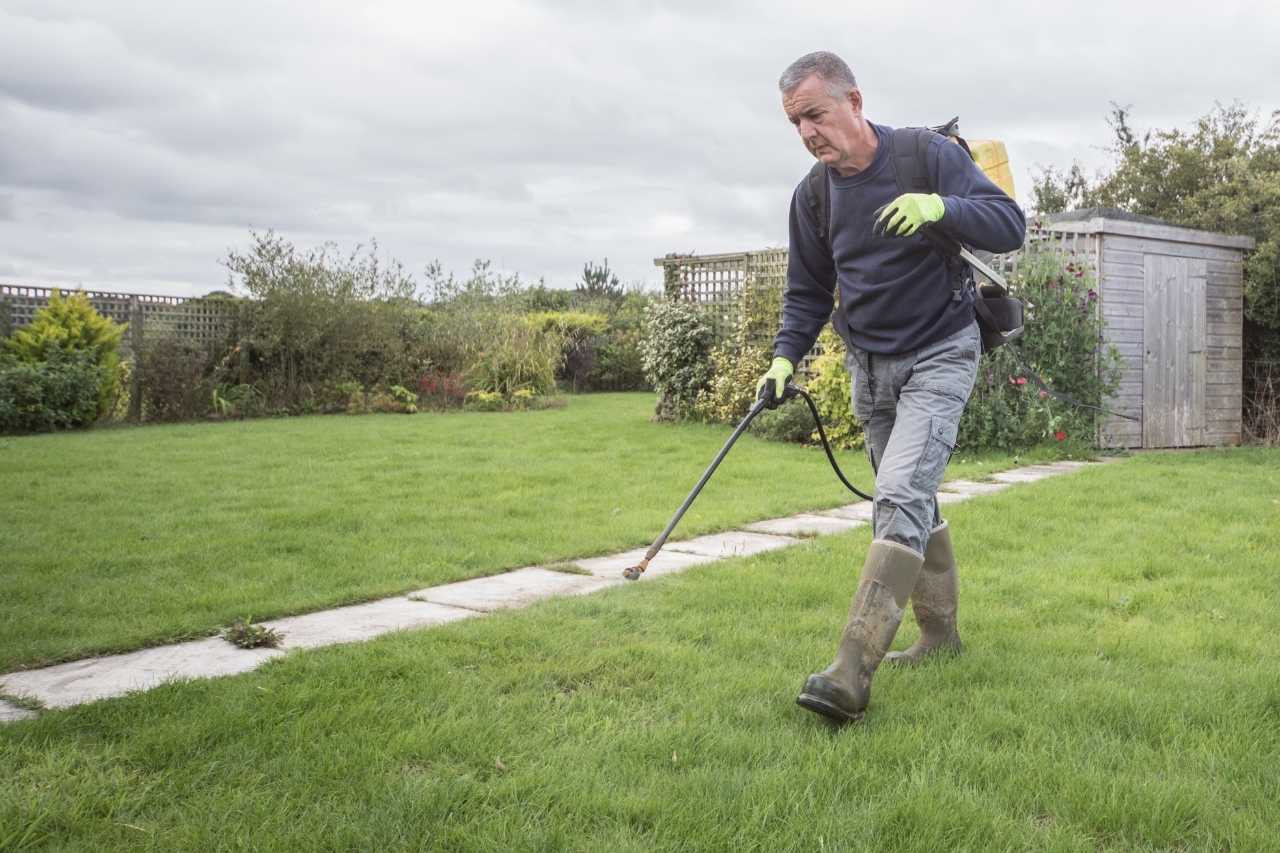
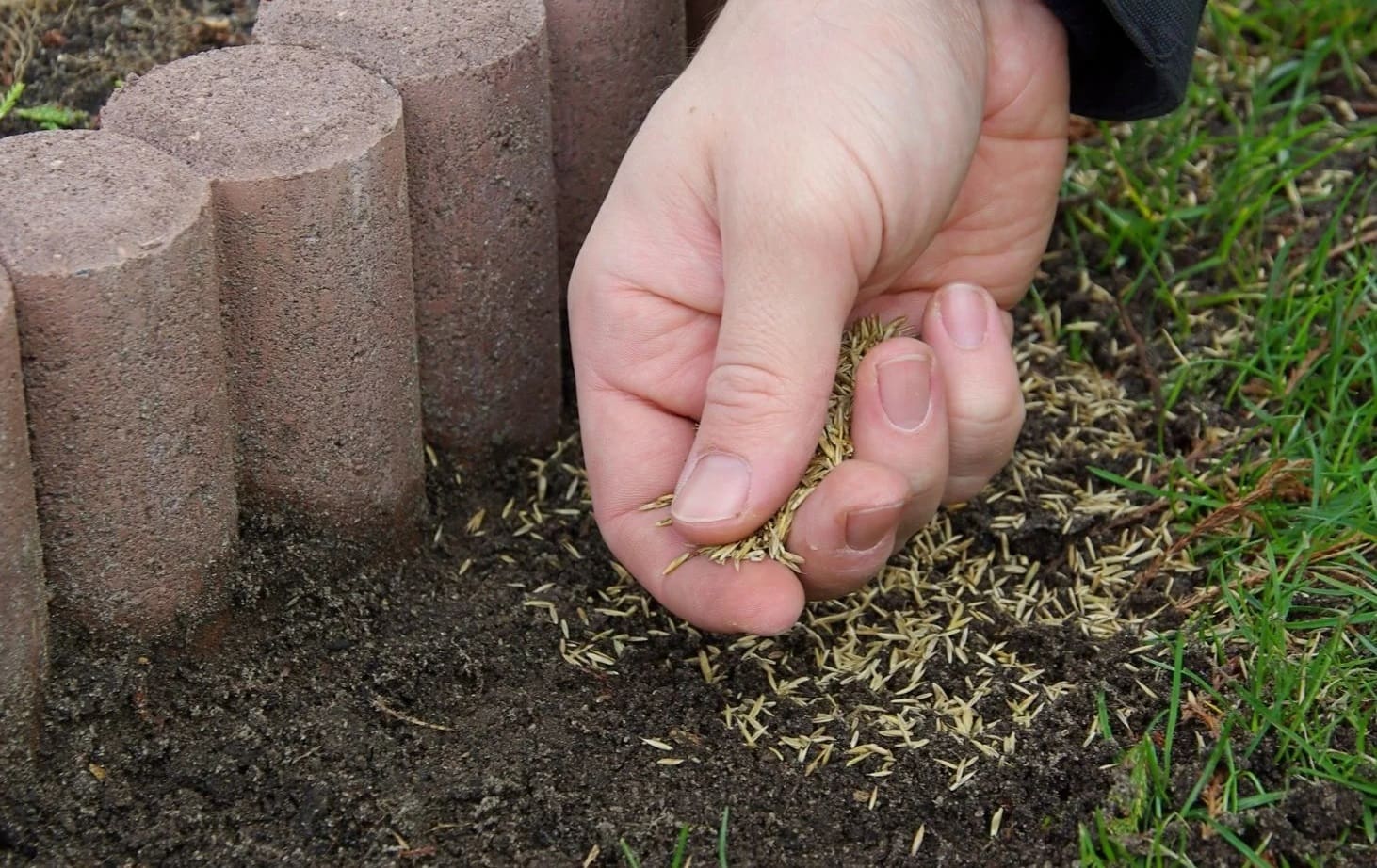
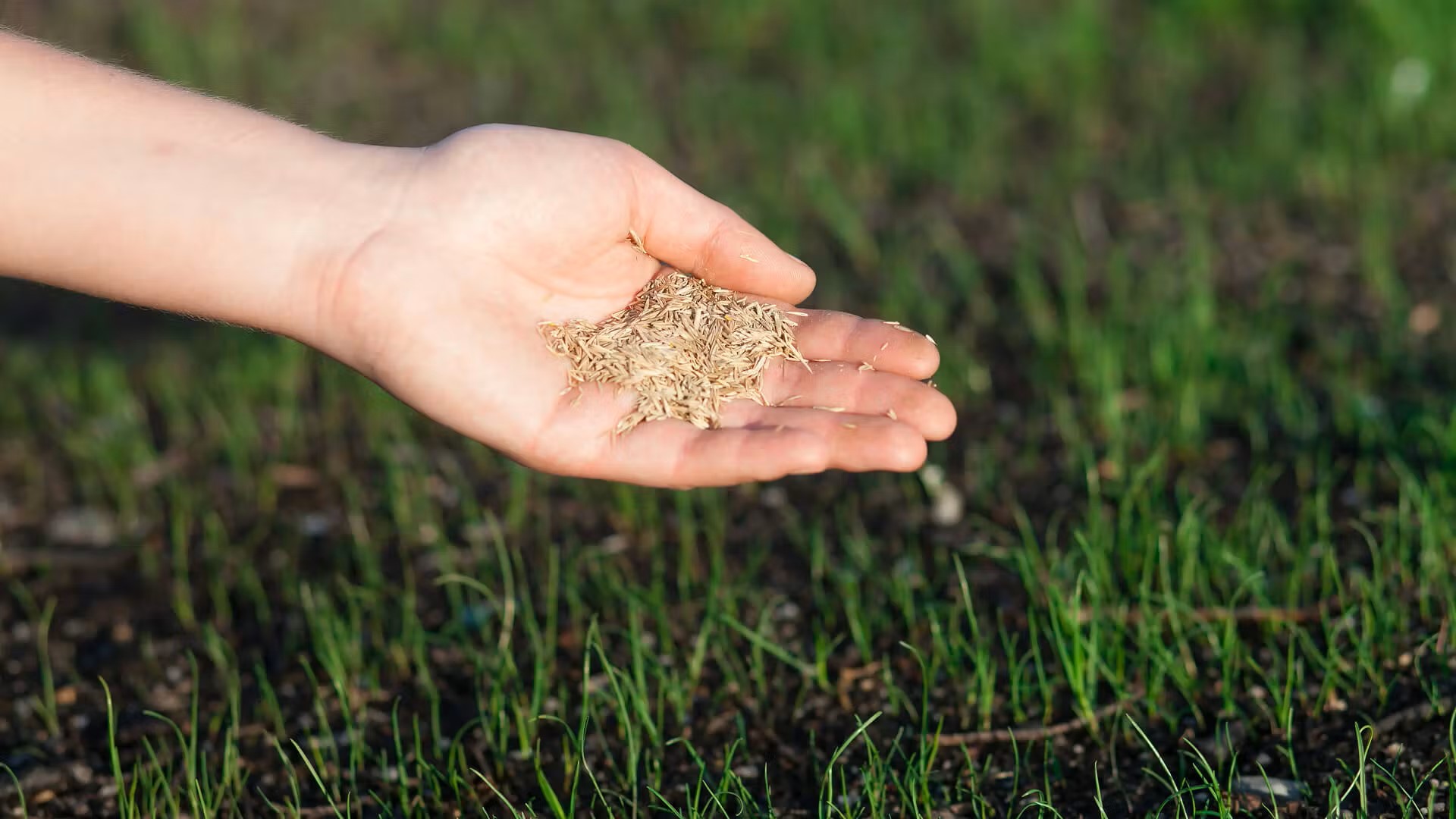
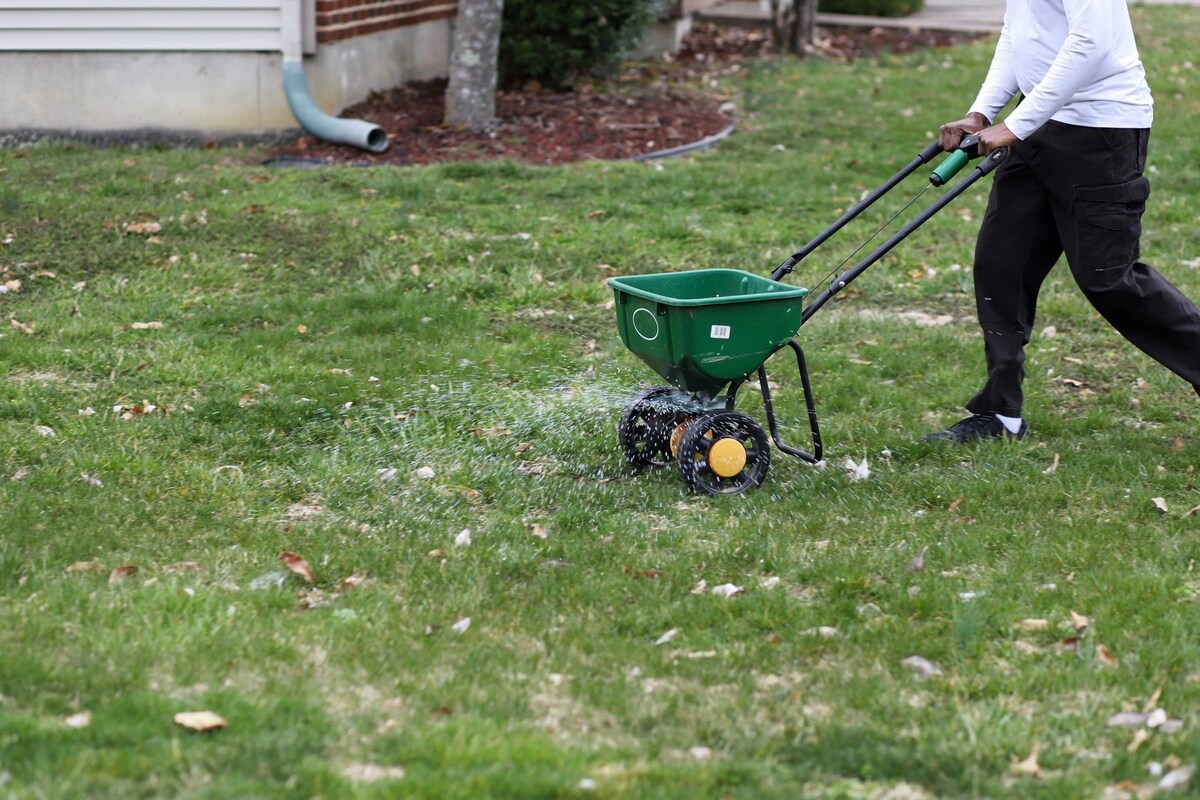
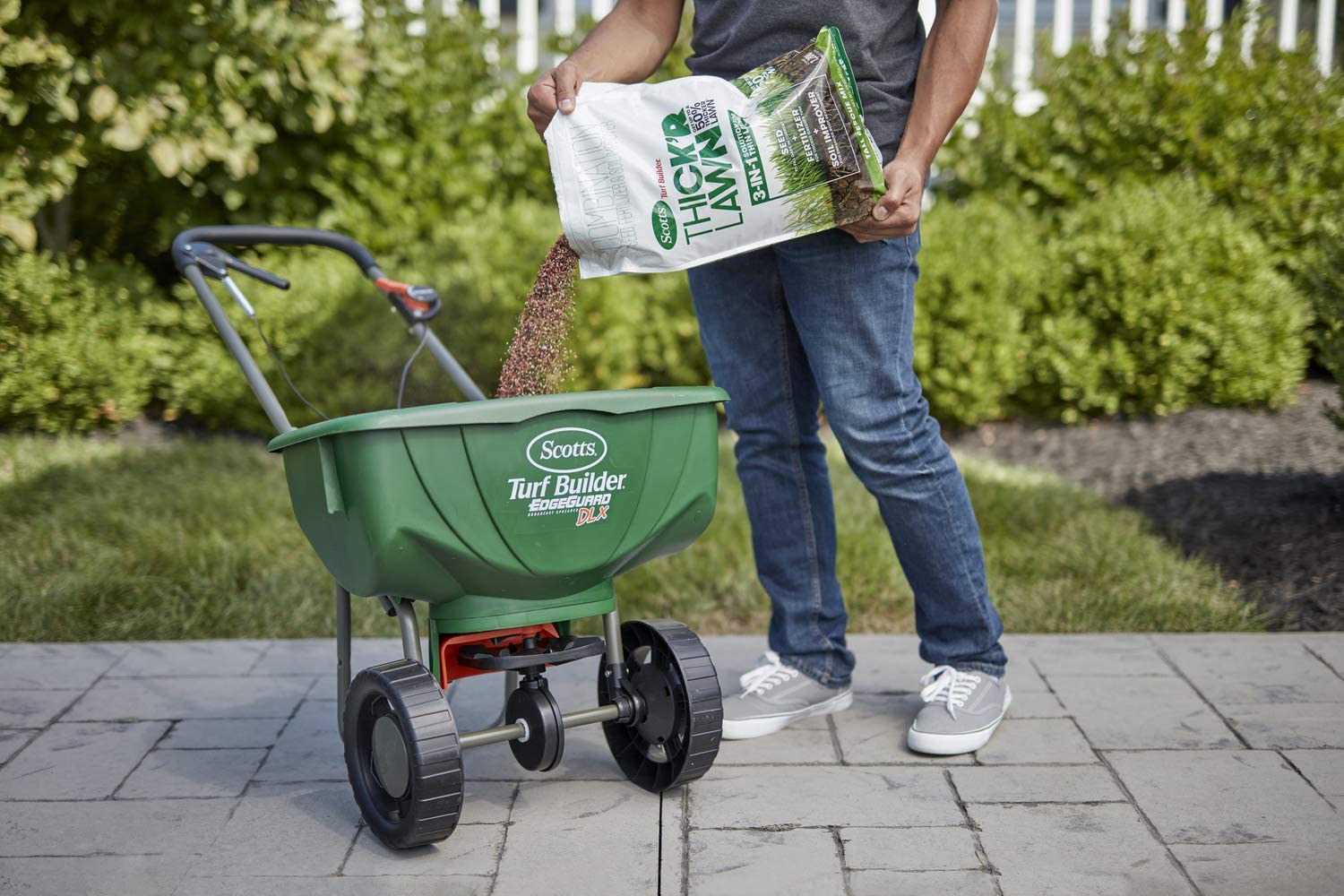
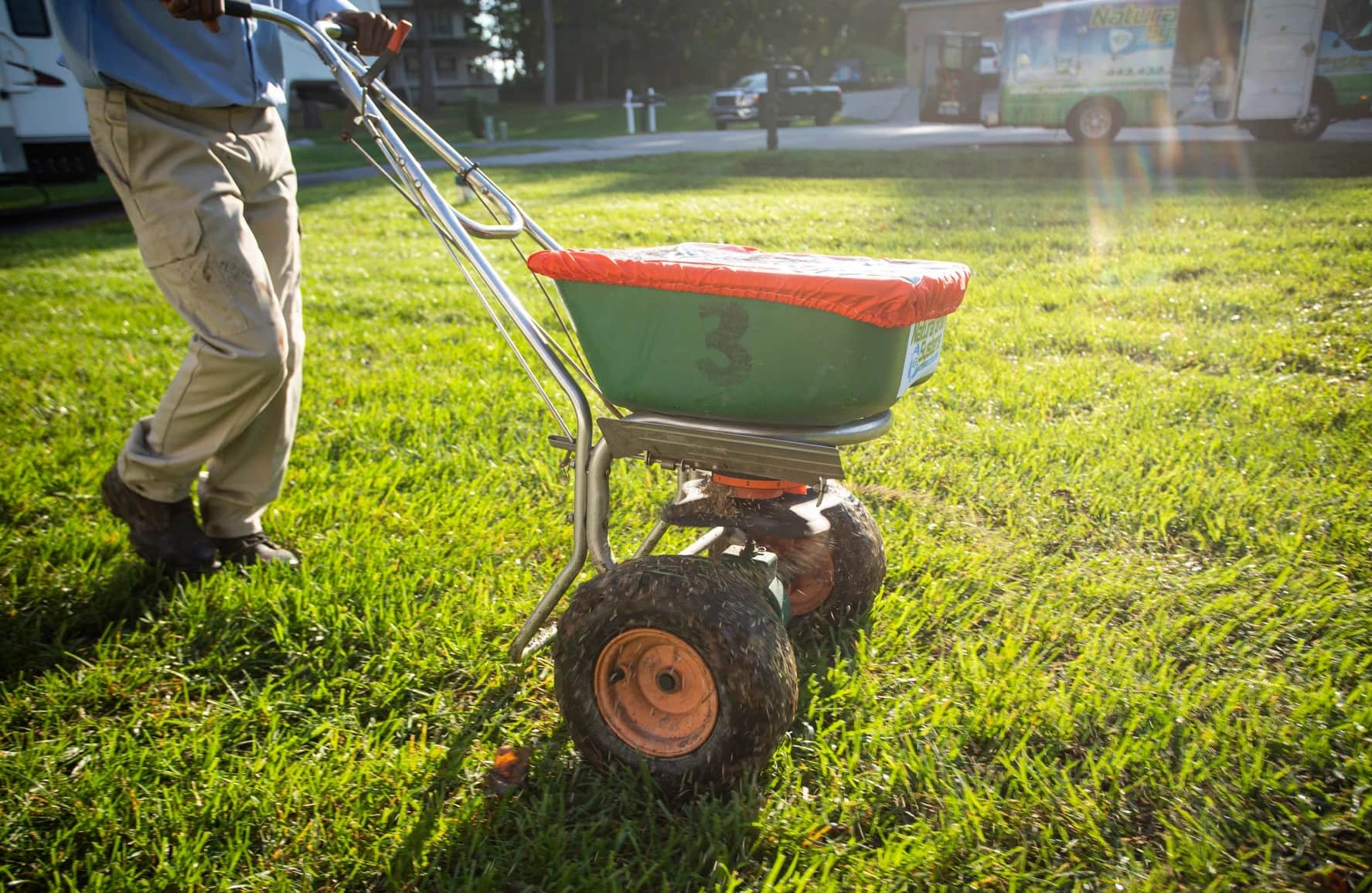
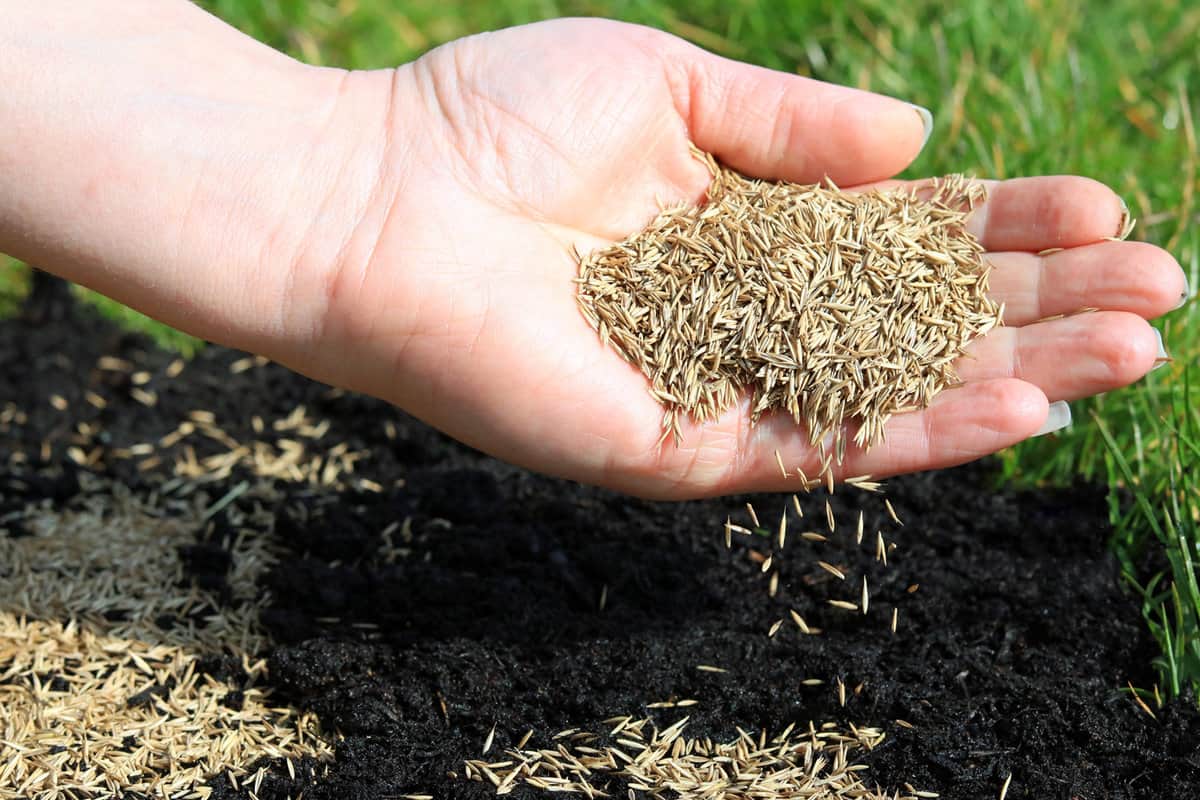
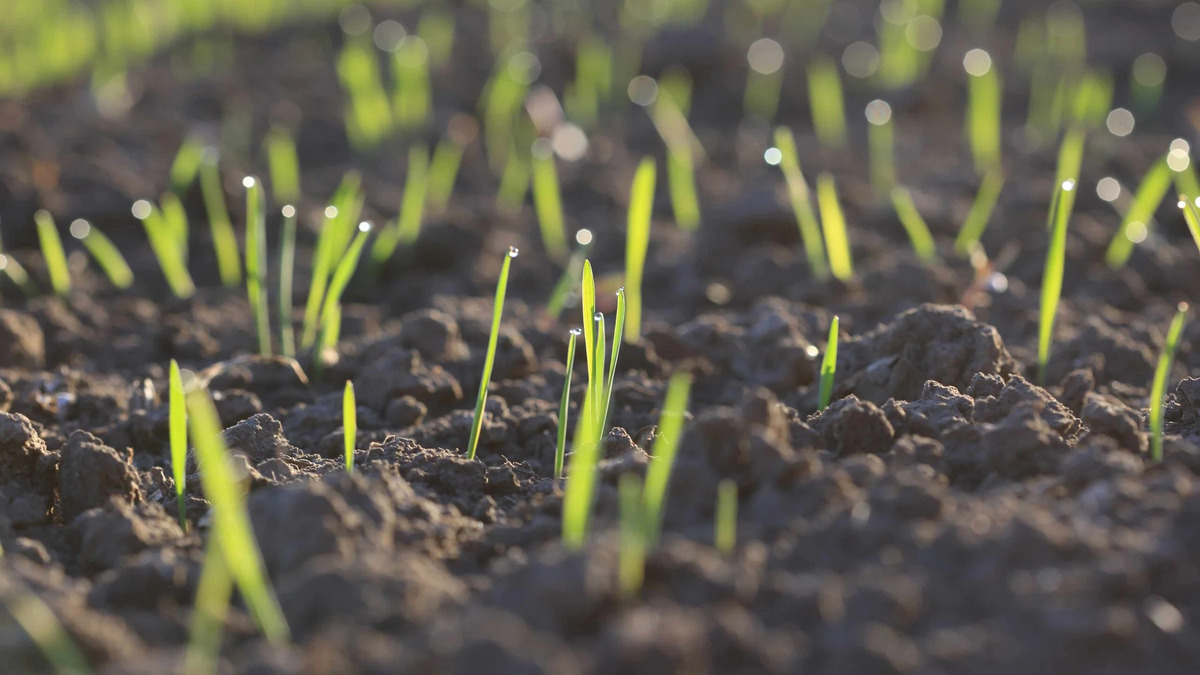

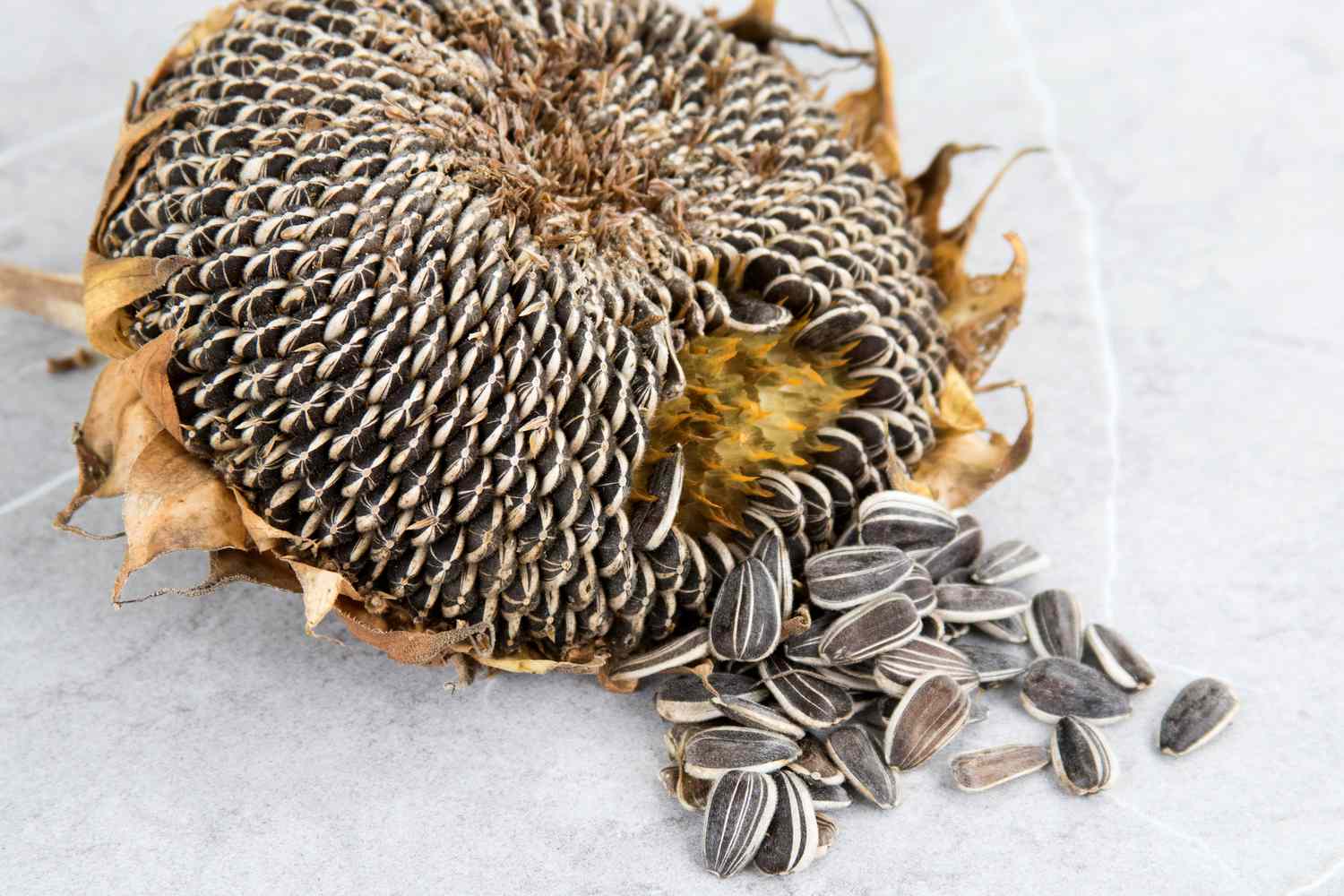
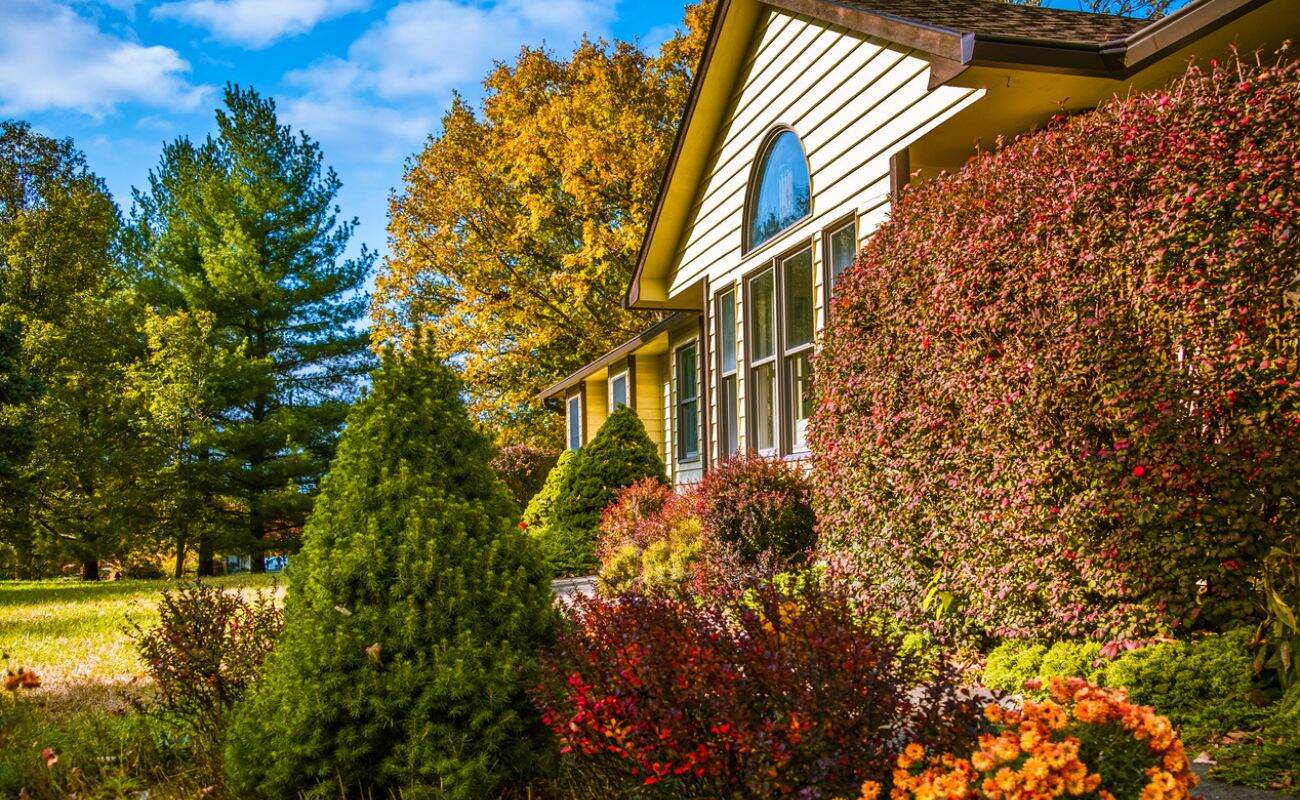
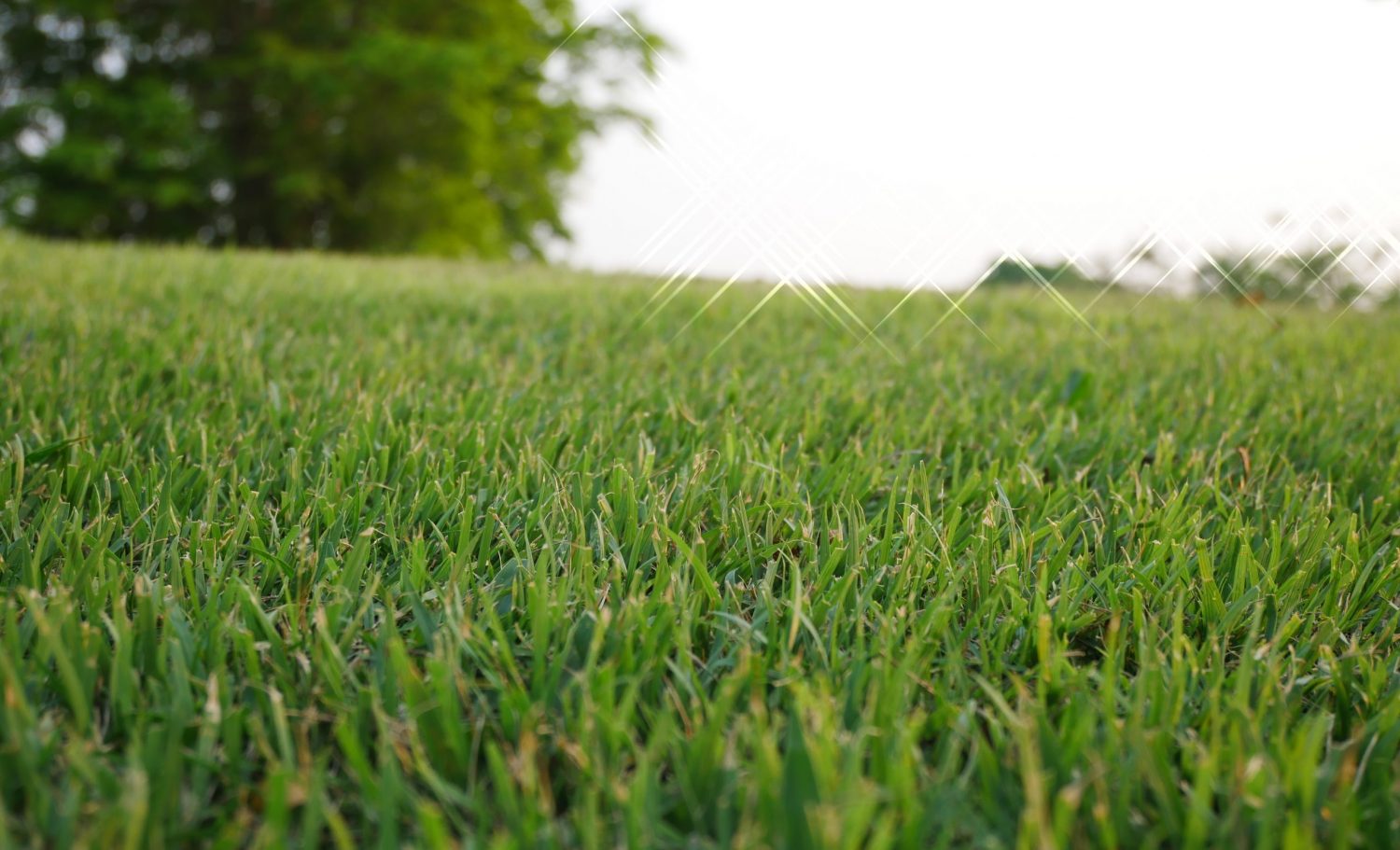
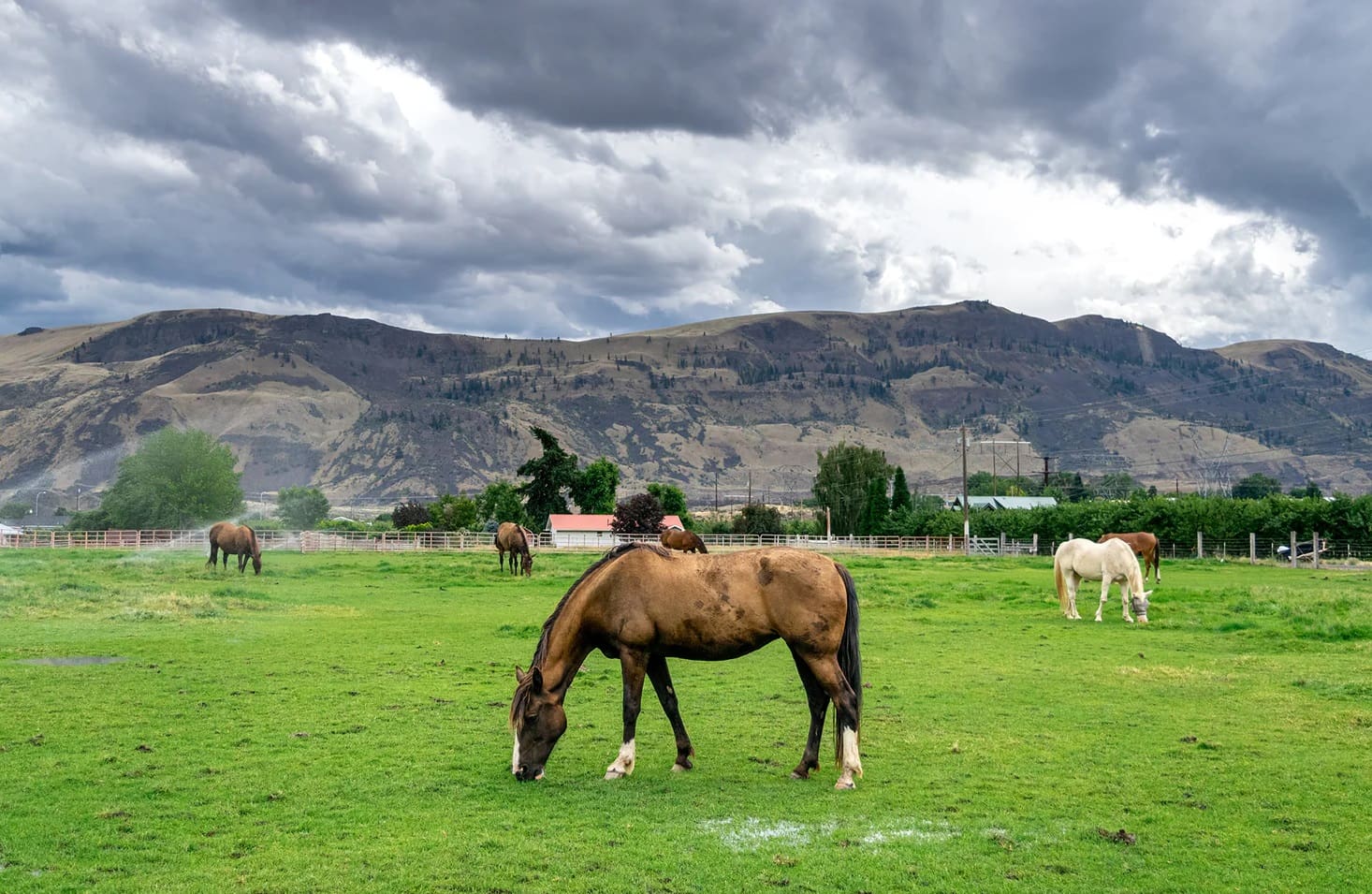
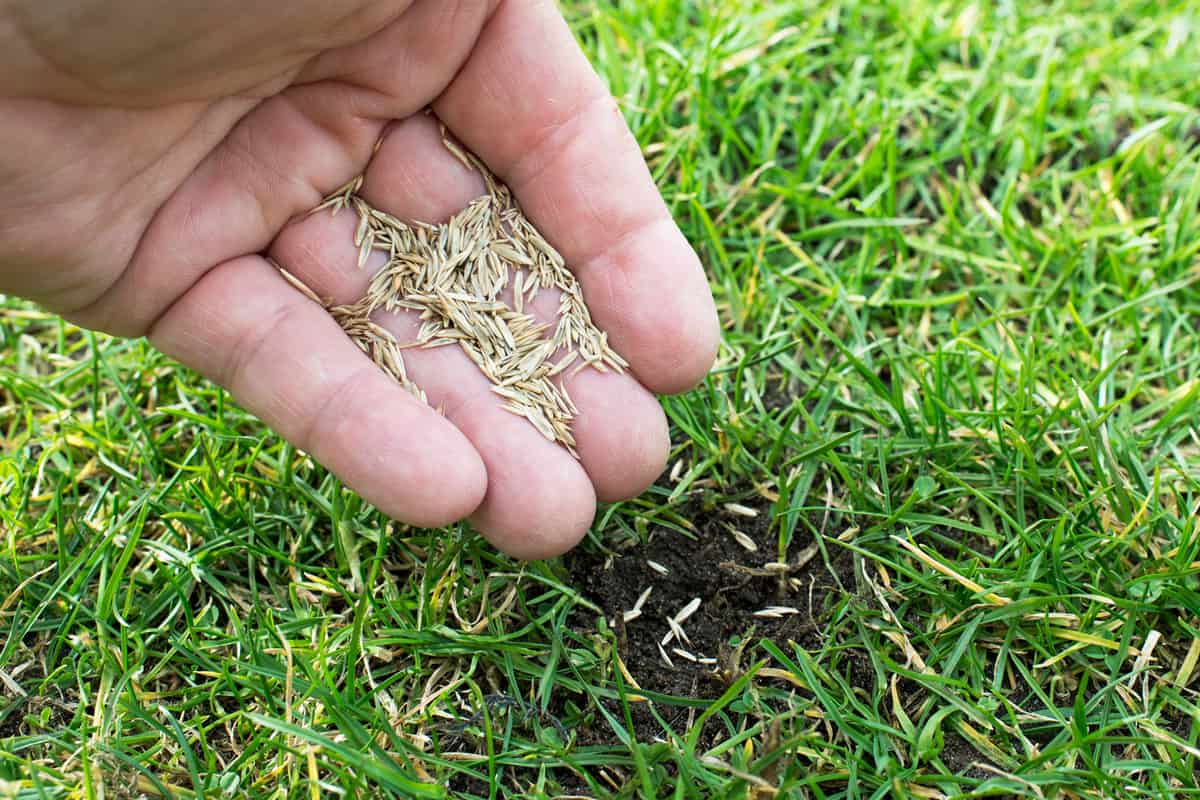


0 thoughts on “When Is The Best Time To Put Grass Seed Down In New Jersey”